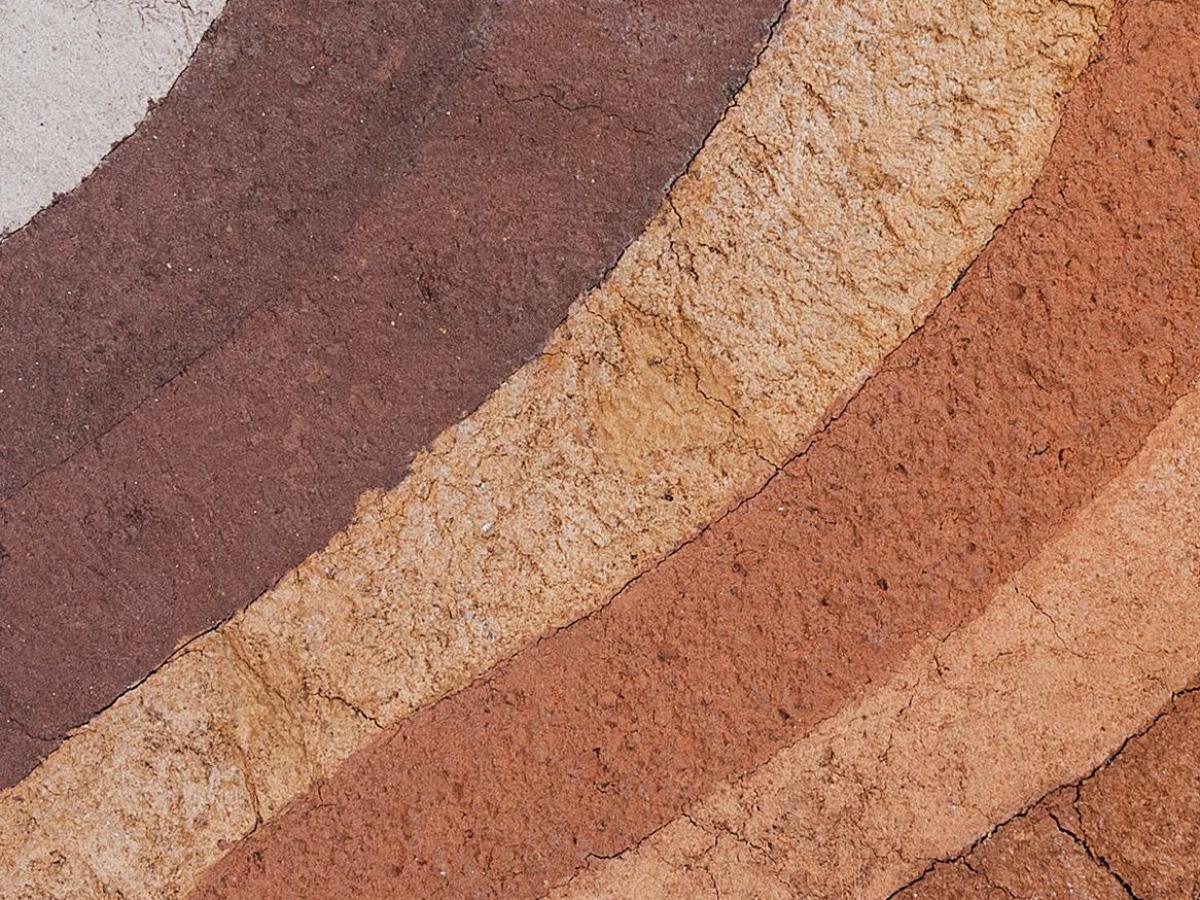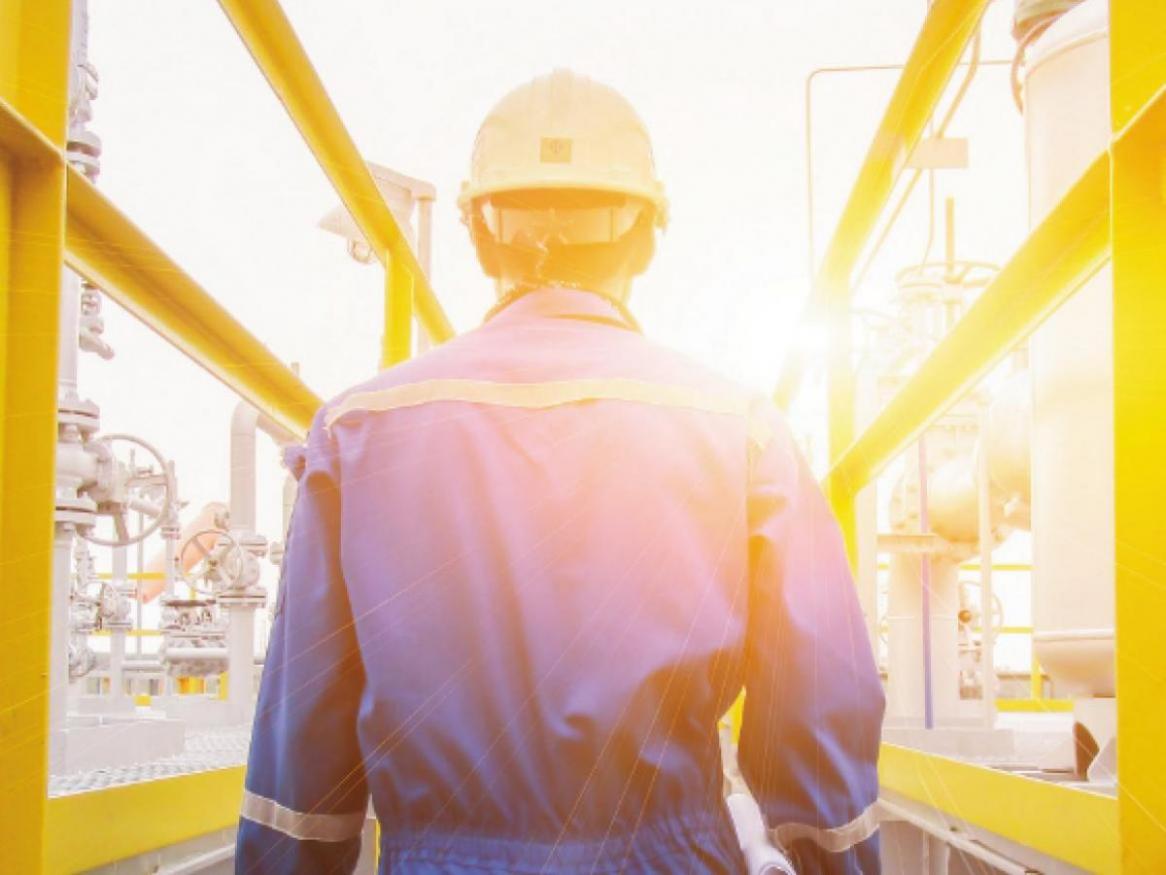Subsurface Gas Storage (CCS and Underground Hydrogen Storage)
Our research integrates geoscience and engineering capability and expertise to address major challenges such as emission reduction through carbon capture and storage, and future fuels through underground hydrogen storage.
Our subsurface gas storage research provides capabilities that fundamentally address the foundational pillars of the energy transition: energy security (methane), emissions reduction (carbon dioxide) and future fuels (hydrogen).

This research is centred around the:
- assessment and characterisation of potential geological gas storage sites and systems through desktop, laboratory and numerical modelling studies
- geochemical and geomechanical impact of subsurface gas storage
- reservoir modelling and engineering of subsurface gas storage sites
- seal capacity determination for subsurface gas storage sites
- well and reservoir injectivity during subsurface gas storage.
Some of our current research activities focus on:
- geochemistry of H2-water-rock interactions
- laboratory-based and multivariate mathematical modelling studies for CO2 storage in saline aquifers
- modelling and simulation of coupled wellbore-reservoir systems for underground hydrogen storage
- multiscale modelling of geochemical and bio-reactive transport in sedimentary rocks for underground hydrogen storage
- pore-scale flow visualisation and simulation of CO2 miscible injection for both CO2 storage and enhanced oil recovery.
Our research is of particular relevance to the energy sector, as it enables both the permanent storage of carbon dioxide, in order to reduce CO2 emissions into the atmosphere and the temporary and large-scale storage of renewable and Net Zero energy resources in the form of green and blue hydrogen.
Subsurface gas storage research (CCS and Underground Hydrogen Storage)
Read our vision for a whole system approach to the subsurface gas storage value chain.
We are providing research capabilities that support research across the three foundational pillars of (South) Australia’s Energy Future and Transition.
For more information on subsurface gas storage research, please contact: Associate Professor Abbas Zeinijahromi
-
Our research
Our research work and findings so far have:
- A Novel Method to Determine Relative Permeability and Capillary Pressure from integrated Corefloods Experiments
- Multiscale physics for site selection of geological storage of CO2 and Hydrogen
- Experimental and Geochemical Modelling of Well Integrity
- Semi-analytical integrated reservoir-well model for storage of CO2 and Hydrogen
- Advanced mathematical modelling of microbial growth and geochemical transport during sequential injection and production of hydrogen
- Multiscale predictive modelling of well injectivity during CO2 and Hydrogen storage
- Design of cushion gas slug during UHS
- Optimization of Integrated Hydrogen Supply and Underground Storage Systems for Industrial Hubs and Export
- The impact of cyclical loading on wellbore integrity for underground storage of hydrogen
-
Consulting services
To enquire about consulting or working with us on a research project, please contact Associate Professor Abbas Zeinijahromi.
-
Our researchers
Many of our researchers are available to assist with research project supervision for Master of Philosophy and Doctor of Philosophy students.
Research staff Expertise Professor Pavel Bedrikovetski Enhanced Oil and Gas Recovery, Match Lab-Match Modelling and Upscaling, Formation Damage A/Prof Manouncher Haghighi Enhanced Oil and Gas Recovery, Reservoir Simulation, Data Analysis, Rock Properties Laboratory Emeritus Professor John Kaldi Seal Capacity, Carbonates Dr Alireza Salmachi Drilling and Well Completion, Production Data Analysis, Rate Transient Analysis, Unconventional Resources Associate Professor Abbas Zeinijahromi Enhanced Oil and Gas Recovery, Reservoir Modelling, Advanced Core Flood Laboratory Emeritus Professor Steve Begg Decision-making under uncertainty, asset and portfolio economic evaluations, and psychological & judgmental factors

